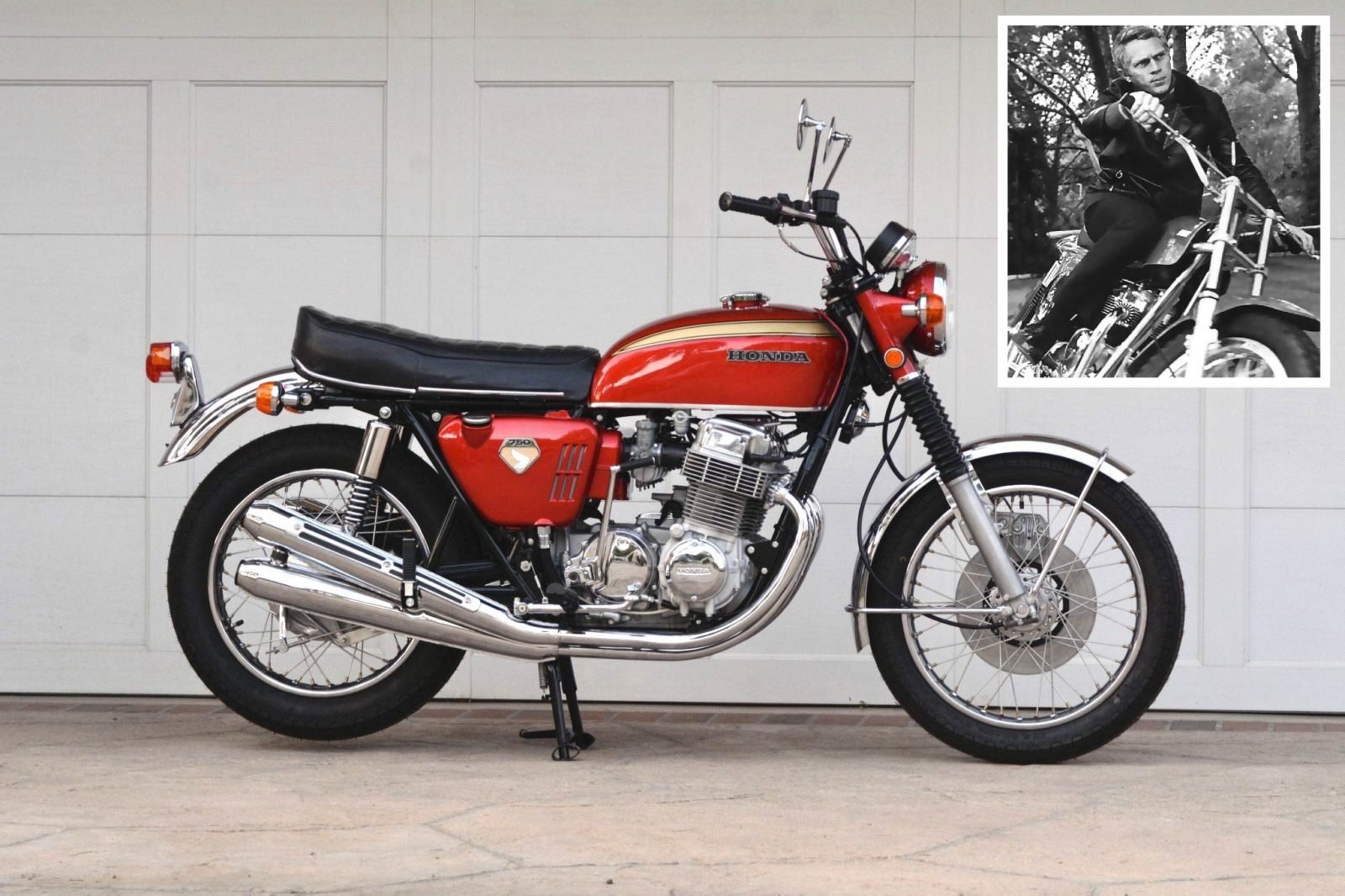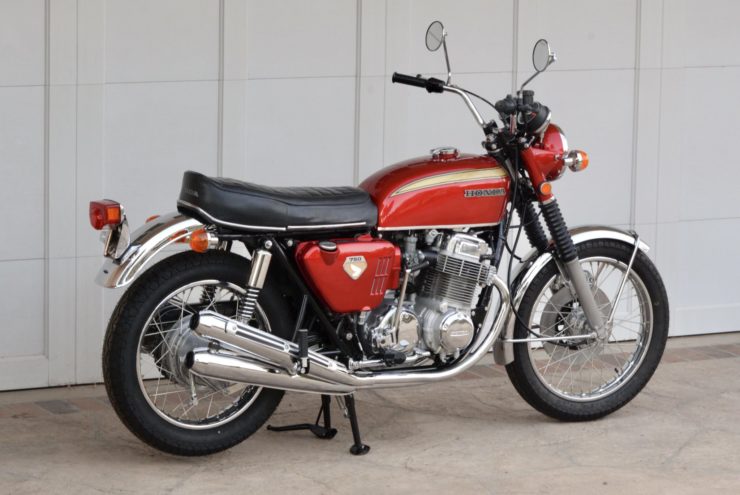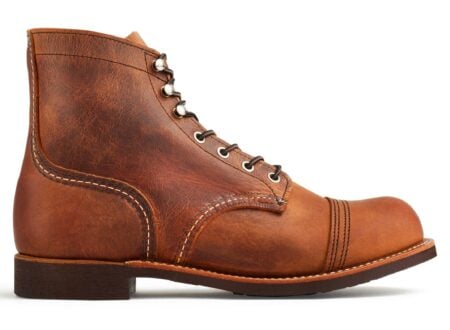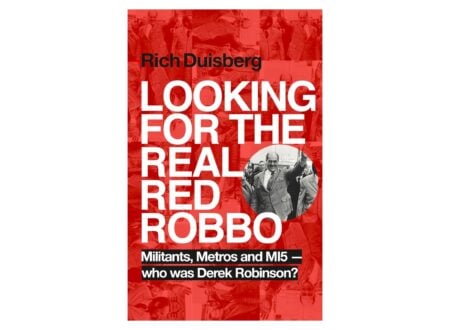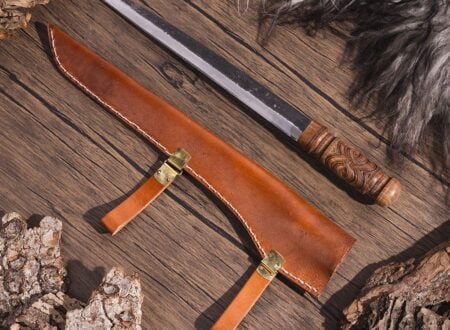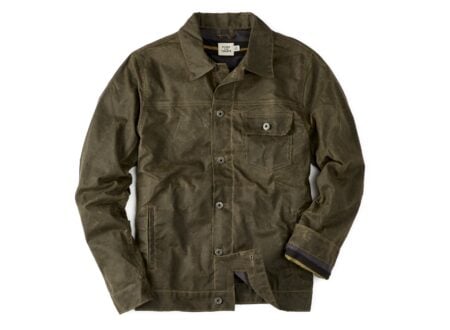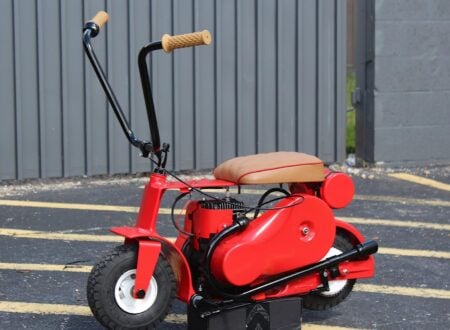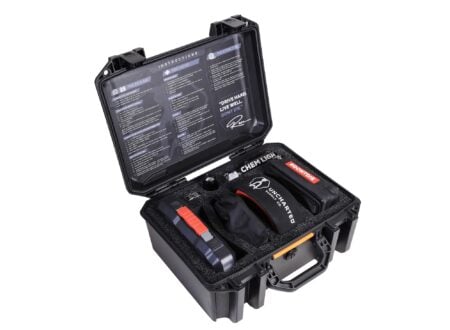This is a rare “Sandcast” 1969 Honda CB750 “Sandcast” that’s historically significant for two reasons, firstly it was the world’s first “superbike” and secondly it was bought new by Steve McQueen through his production company Solar Productions.
Though there were many motorcycles before the CB750 that have had the term superbike retroactively applied to them, like the Brough Superior SS100 and the Vincent Black Shadow, the Honda CB750 was the motorcycle for which the term was first used.
Fast Facts – The Honda CB750 “Sandcast”
- The Honda CB750 was developed in the late 1960s and released in 1969 to meet a request from American motorcycle dealers for a larger capacity motorcycle that would better compete with the likes of Harley-Davidson, Norton, Triumph, and BSA.
- With its 750cc inline-four cylinder SOHC engine, four carburetors, built-in 5-speed gearbox, front disc brake, electric starter, excellent reliability, and zero oil leaks, the CB750 was a generational shift in motorcycle design. And it was affordable.
- Honda executives had initially been skeptical that the bike would sell in numbers, and so instead of tooling up for mass production they initially relied on sandcasting for the crankcase. These early “sandcast” bikes are now highly collectible.
- The CB750 you see here was bought new by Steve McQueen’s Solar Productions, the company he used for much of his film making, and the entity through which he bought many of his cars and motorcycles.
The UJM: A Paradigm Shift In Motorcycle Design
The transverse four-cylinder engine with the cam up top, featuring unit construction and a quartet of carburetors had been done on production motorcycles before of course, most famously by the Italians over at MV Augusta.
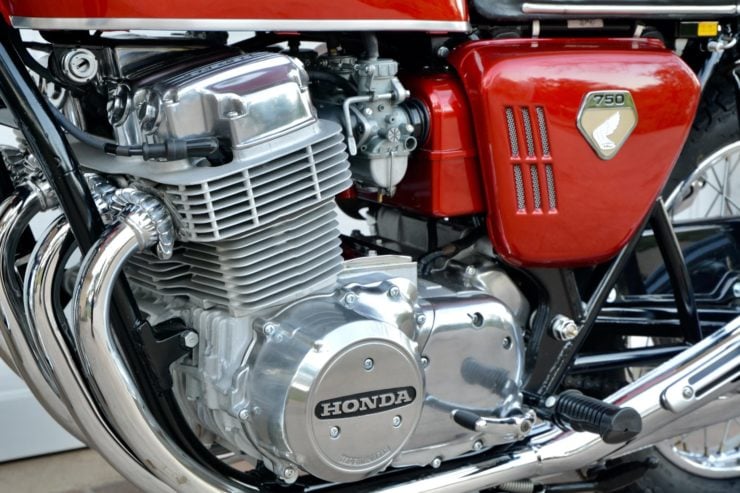

What Honda did was produce a similar engine that was affordable to the average Joe, and it revolutionized the motorcycle world.
The other large Japanese motorcycle manufacturers soon copied the transverse-four design and released their own superbikes, namely Kawasaki, Suzuki, and Yamaha. These motorcycles became known as “Universal Japanese Motorcycles” or “UJM” for short.
The transverse four-cylinder engine became a de facto standard for many Japanese superbikes and this trend continues to the current day.
The Honda CB750
In the late 1960s Honda’s American motorcycle dealers were clamoring for a large-capacity motorcycle to compete with the likes of Harley-Davidson, Triumph, Norton, and the other popular British motorcycle marques that were selling tens of thousands of bikes each year in the USA.
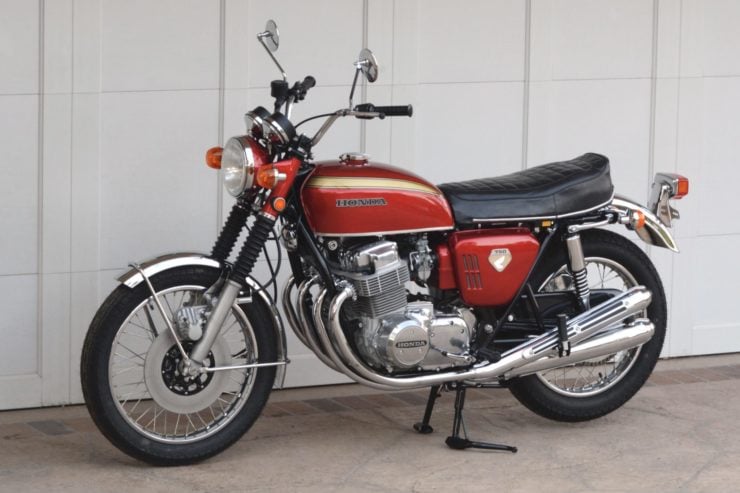

Honda was a little skeptical about the concept but they agreed to it regardless, and began development of an all new motorcycle.
Honda engineers, who had years of grand prix motorcycle design experience under their belts, designed a new inline-four cylinder engine that would be mounted transversely in the frame. It was built with unit construction and it had an electric starter, a 5-speed gearbox, no oil leaks, and excellent reliability.
Despite their original skepticism Honda was initially unable to build enough to meet demand, the CB750 became one of the best selling large capacity motorcycles of its time, and it very nearly killed off the British and American motorcycle industries in the process.
The Ex-Steve McQueen 1969 Honda CB750 Shown Here
This Honda CB750 is a little more special than most, it was bought new by legendary Hollywood actor Steve McQueen through his production company.
McQueen was famous for being a petrolhead of the highest order, collecting cars, motorcycles, planes, four-wheel drives, and just about anything else that moved and made noise.
This bike is from the first year of production, making it a desirable “sandcast” model. During the first year that the CB750 was being built Honda relied on sandcasting for the crankcases, later models would use mass-production techniques.
For the first 45 years of its life this bike had just two owners, the first being Steve McQueen and the second being a long term owner who was careful to preserve the bike.
It just recently finished a two year restoration which was completed in February of 2022 and it’s now being offered for sale on Bring A Trailer.
If you’d like to read more about it or register to bid you can click here to visit the listing.
The bike is accompanied by original sales documentation, a letter from Honda Motor Company, a copy of an invoice from American Honda, refurbishment records, a Honda tool kit, a yellow-on-black California license plate, and a clean California title in the seller’s name.
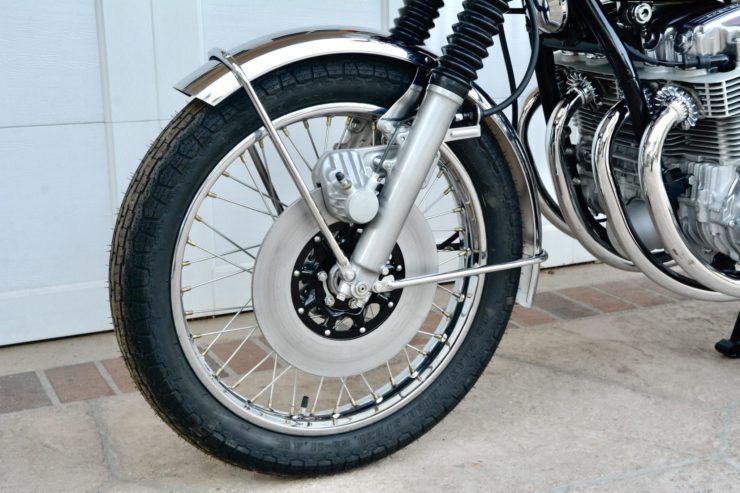
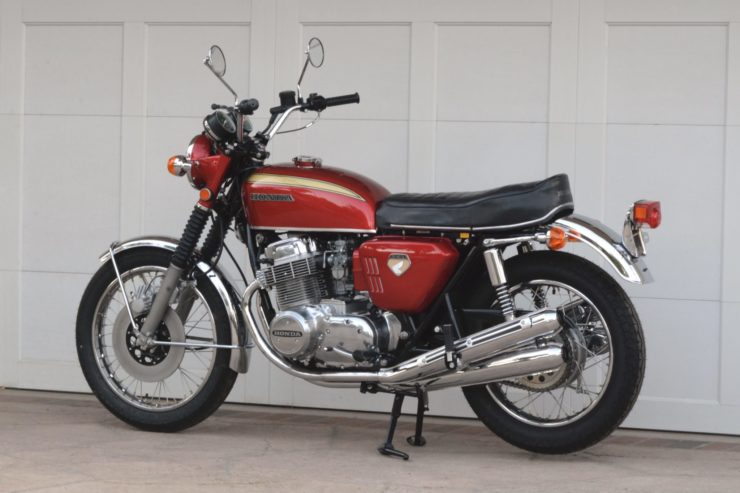
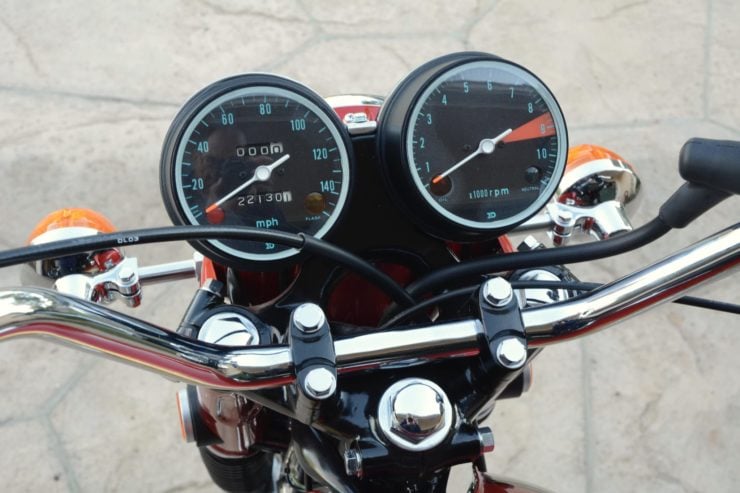
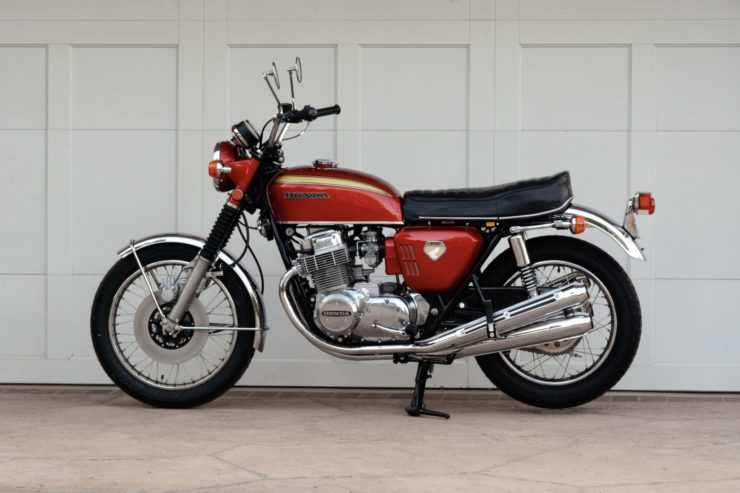
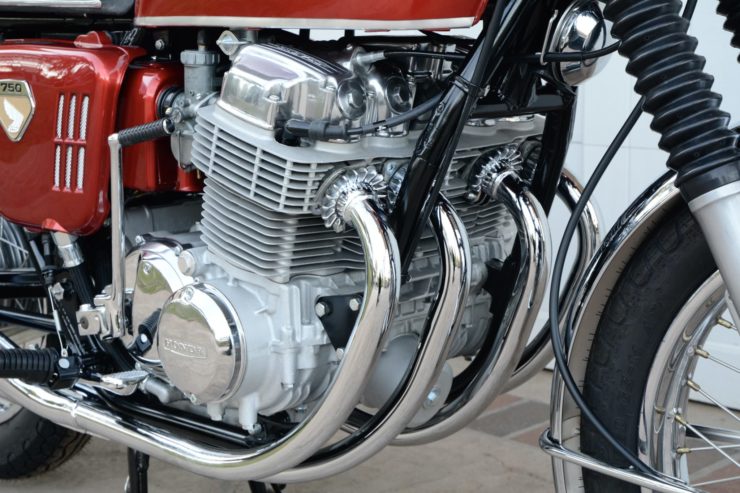
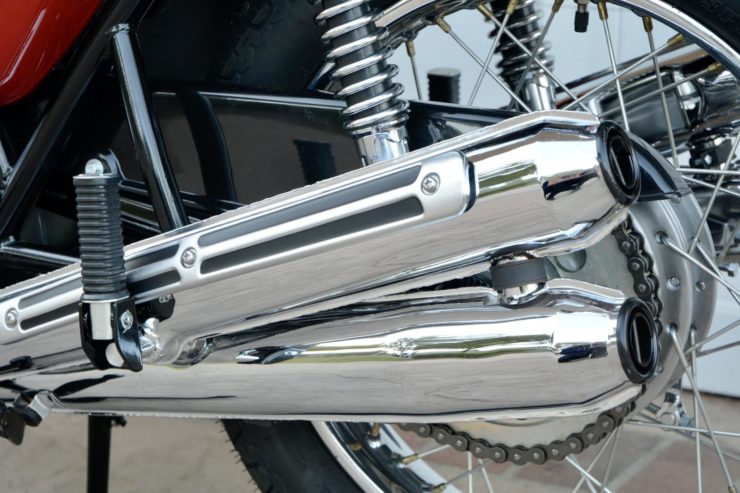
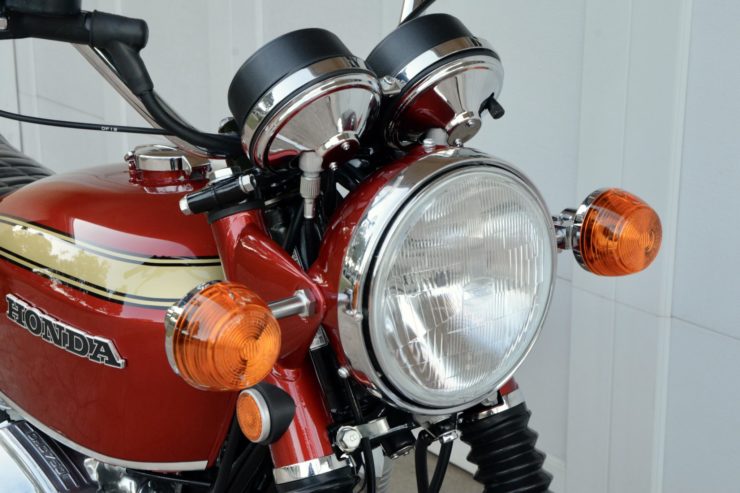
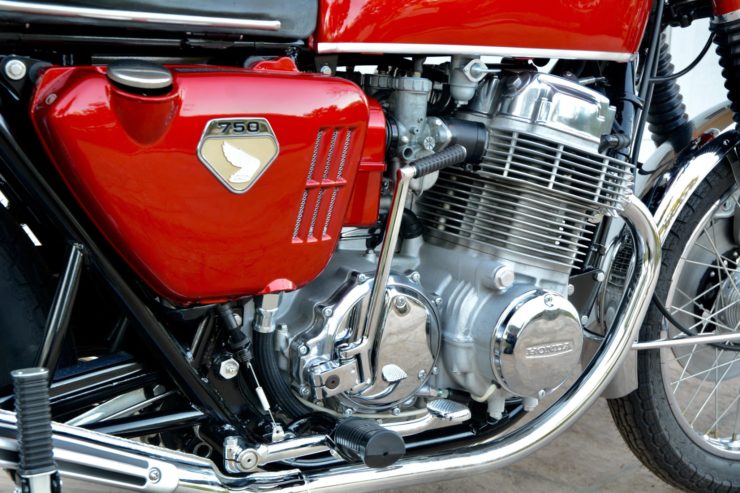
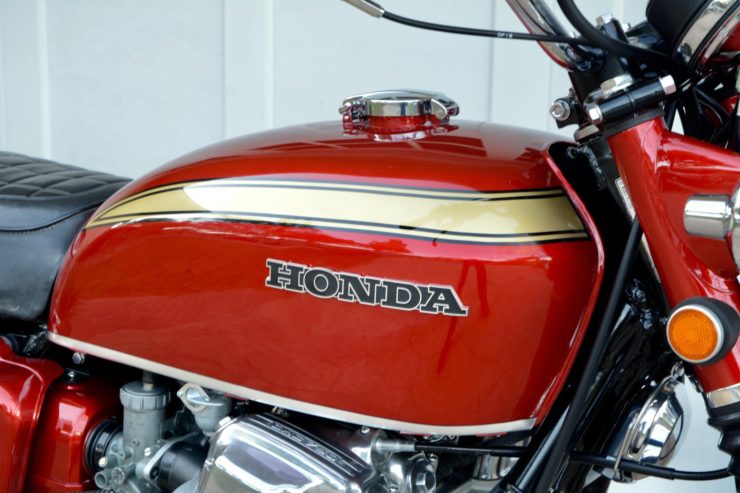
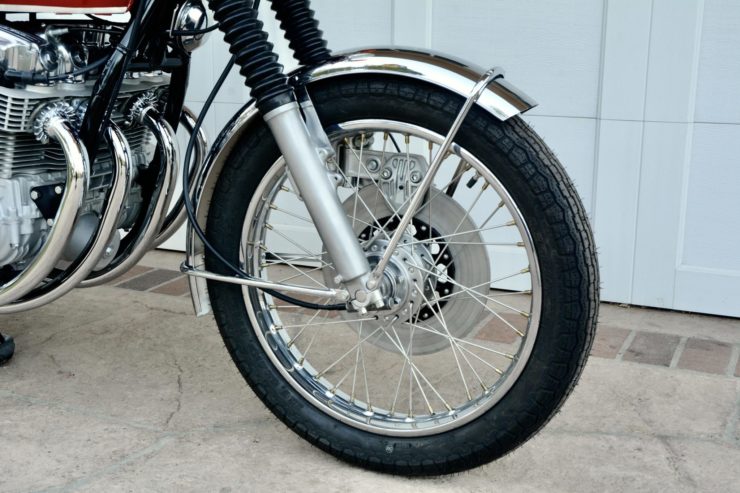
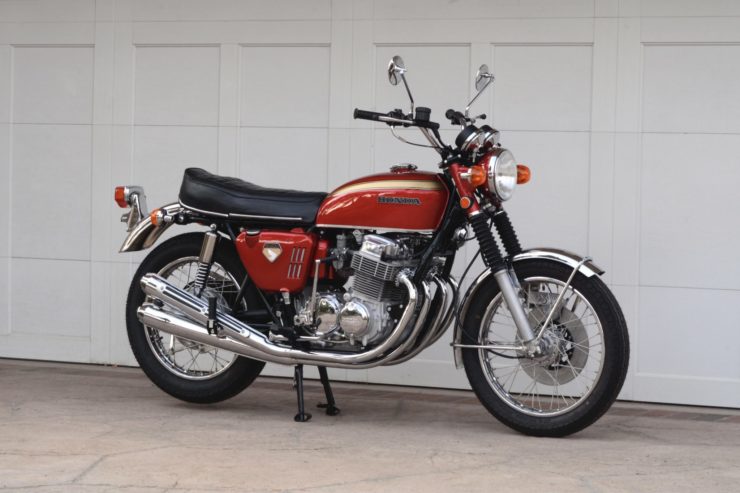
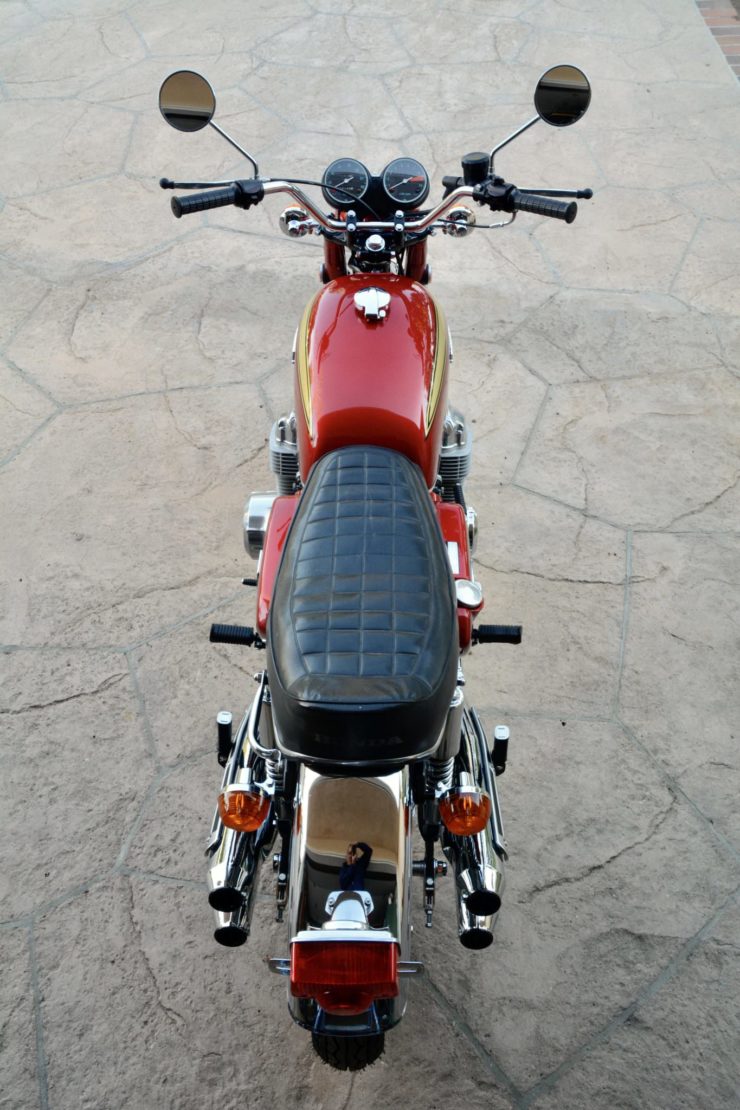
Images courtesy of Bring A Trailer

